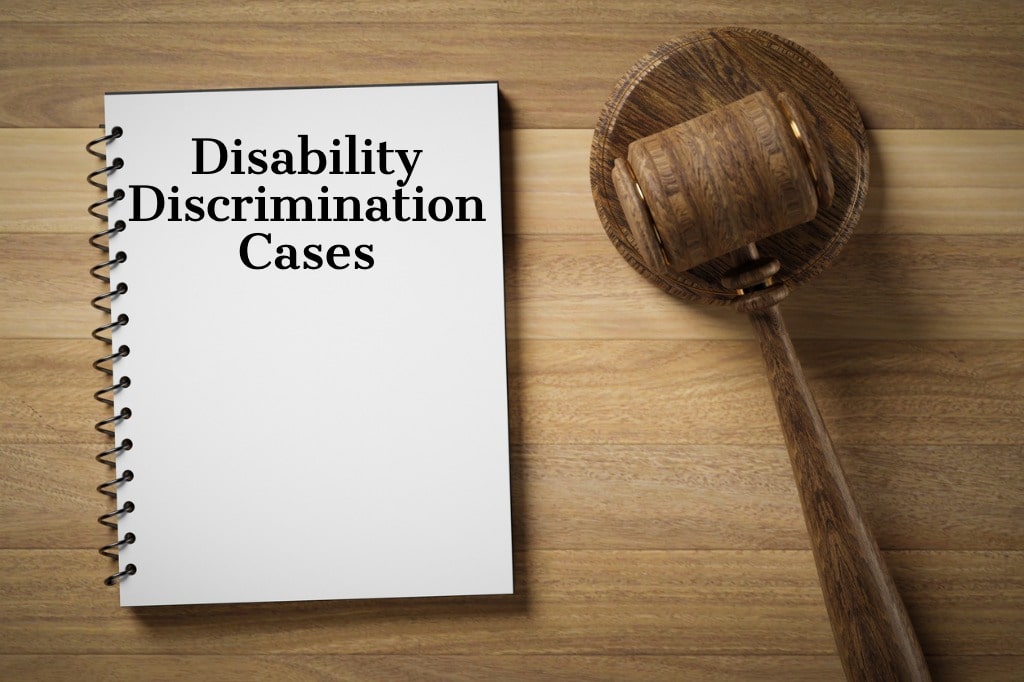In California, employers are required to provide reasonable accommodations to employees with disabilities under both the Americans with Disabilities Act (ADA) and the California Fair Employment and Housing Act (FEHA). However, these obligations are limited. If an employer can demonstrate that providing a specific accommodation would impose an “undue hardship” on their business, they may be excused from fulfilling the request.
But what exactly does “undue hardship” mean, and how do courts determine if this defense is valid?
Understanding how courts assess undue hardship is essential for employees facing disability discrimination. Here, our California employment law attorneys at Romero Law, APC, examine the factors courts consider and how employees can protect their rights.
Defining “Undue Hardship”
Under the ADA and FEHA, an undue hardship refers to significant difficulty or expense incurred by an employer in providing a reasonable accommodation. This standard is intentionally high, ensuring employers cannot evade their obligations without substantial justification. The burden of proving undue hardship falls entirely on the employer, and the determination is made on a case-by-case basis.
Factors Courts Consider When Evaluating Undue Hardship
When evaluating undue hardship claims, courts analyze several factors to assess whether the employer’s defense is valid.
These include:
- Financial Impact on the Business
Courts consider the cost of the accommodation relative to the employer’s overall financial resources. The threshold for proving financial hardship is much higher for large corporations than small businesses with limited budgets.
- Nature of the Accommodation
The type and scope of the requested accommodation are critical. Modifications that require extensive structural changes or significant operational adjustments may carry more weight in an undue hardship defense than minor alterations.
- Size of the Business
Courts examine the size of the employer’s operations, including the number of employees and facilities. A larger business with more resources is expected to absorb costs and logistical challenges more readily than a smaller entity.
- Impact on Business Operations
Employers may argue that there would be undue hardship if the accommodation disrupted operations or impeded productivity. However, they must provide concrete evidence of such disruptions rather than relying on speculative claims.
- Available Alternatives
Employers are expected to explore alternative accommodations that may be less burdensome. Failing to consider or offer feasible alternatives can weaken an undue hardship defense.
Evidence and Documentation to Challenge Undue Hardship Claims
Evidence is key for employees challenging an undue hardship claim. Employers must present specific, detailed documentation to support their argument. This might include financial records, operational impact reports, or expert testimony. Vague assertions that an accommodation is “too expensive” or “inconvenient” will not suffice.
Employees can counter these claims by demonstrating that the requested accommodation is reasonable and does not impose excessive costs or disruptions. Evidence of the employer’s financial strength, size, and past accommodations for other employees can strengthen the case.
The Role of the Interactive Process
The interactive process—a collaborative dialogue between employer and employee—is central to resolving accommodation requests. Employers who fail to engage in this process in good faith may undermine their undue hardship defense. Employees should document all interactions during this process to ensure that any refusal is based on legitimate considerations.
Protecting Your Rights as a California Employee
If you believe your employer is using undue hardship as a pretext to deny reasonable accommodations, you have the right to challenge this defense. An experienced California employment attorney can help you navigate the complexities of your case, gather evidence, and advocate for your rights.
At Romero Law, APC, we are dedicated to protecting employees facing disability discrimination. Contact our experienced Los Angeles County employment law attorneys today to discuss your case and learn how we can help protect your workplace rights. Our employment law firm and bilingual staff offer services in both English and Spanish and are available to discuss your case by calling (626)-396-9900 or contacting us online.
Related Links:
- What is the Definition of Disability Under the Americans with Disabilities Act?
- Legal Protections for California Employees Enduring Disability Discrimination for Mental Health Conditions
- How to Handle Retaliation After Reporting Workplace Disability Discrimination in California
- How to Prove Disability Discrimination in the California Workplace


 (626) 396-9900
(626) 396-9900